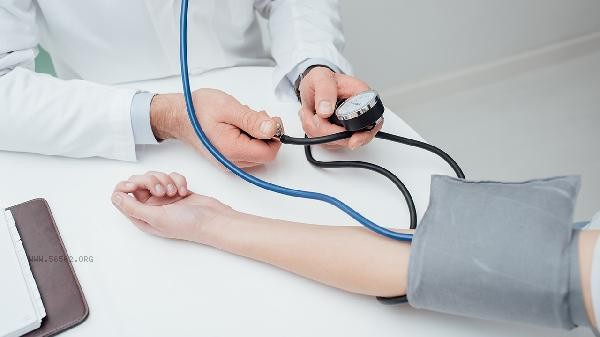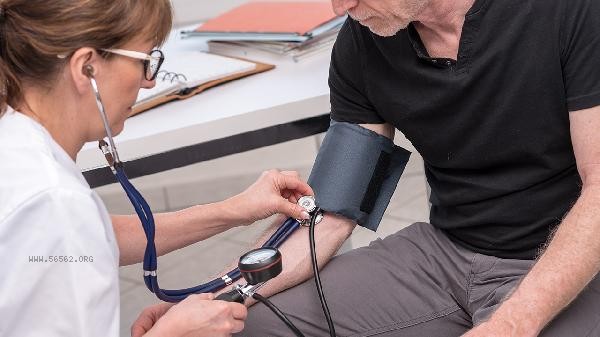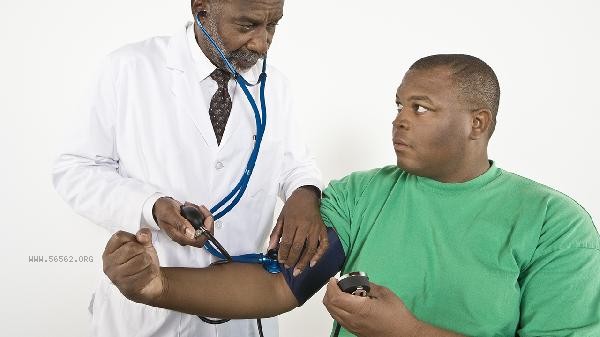People with low blood pressure may experience fainting when drawing blood due to reduced blood volume and further decrease in blood pressure. Prevention and treatment methods include maintaining sufficient water intake before blood draw, avoiding fasting, taking appropriate rest after blood draw, and supplementing sugar. Hypotension refers to sustained blood pressure below normal levels, typically with systolic blood pressure below 90mmHg and diastolic blood pressure below 60mmHg. People with low blood pressure may experience a decrease in blood volume and further drop in blood pressure during blood draws due to blood loss, leading to fainting. This phenomenon is medically known as "vasovagal syncope", which is caused by the excitation of the vagus nerve leading to a decrease in heart rate and vasodilation, resulting in a sudden drop in blood pressure.

1. Maintain sufficient water intake before drawing blood. insufficient hydration can lead to a decrease in blood volume and an increased risk of fainting. It is recommended to drink an appropriate amount of water 1-2 hours before blood draw to avoid excessive dehydration.
2. Avoid drawing blood on an empty stomach. When fasting, low blood sugar levels can easily cause dizziness and fatigue. Before drawing blood, you can eat in moderation, such as some biscuits or fruits, to maintain stable blood sugar levels.

3. Rest and supplement sugar appropriately after blood draw. After drawing blood, one should immediately sit down or lie down to rest and avoid sudden standing. You can drink some sugary drinks, such as glucose water or fruit juice, to quickly replenish energy and prevent fainting. If a patient with low blood pressure experiences symptoms such as dizziness, nausea, and cold sweat during the blood draw process, they should immediately inform medical staff to adopt a supine position and raise their legs to increase blood supply to the brain. When necessary, medical staff will provide emergency treatment such as oxygen inhalation or intravenous fluid replacement. People with low blood pressure should pay special attention to preventing fainting during blood draws, and taking the above measures can effectively reduce the risk. If fainting occurs frequently or symptoms are severe, it is recommended to seek medical attention promptly and undergo a comprehensive physical examination and evaluation to rule out other potential health issues.










Comments (0)
Leave a Comment
No comments yet
Be the first to share your thoughts!